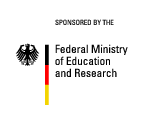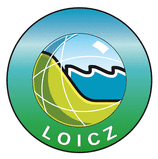ZEF starts fieldwork on water quality management and knowledge dissemination in the Mekong Delta
In April 2010, Sven Genschick and Quy-Hanh Nguyen arrived in Can Tho in order to start their one-year field research. Both scientists are junior researchers at the Center for Development Studies (ZEF), Bonn and members of the ZEF/WISDOM team.
Sven Genschick’s research addresses the issue of water quality management, using the sector of aquaculture as a case study. Aquaculture is one of the rapidly growing production sectors in the Mekong Delta and represents an important pillar of the export economy. Moreover, the sector emerged as a trigger of environmental degradation, in particular with regard to surface water. Drawing on previous project findings and especially on the paper of Ngyuen (2010) on “Problems of Law Enforcement in Vietnam: The Case of Wastewater Management in Can Tho City”, the study aims at understanding the different practices of water utilization within the aquaculture sector as well as the institutional and other factors shaping them.
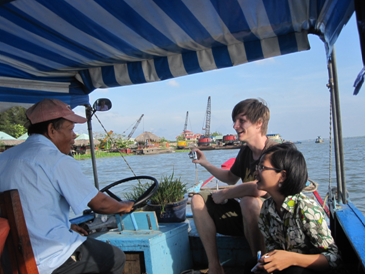
Picture1: Researching fish farming and processing along the Hau River
With regard to the institutional framework, state management, environmental policies and quality standards for aquaculture products for the international market have to be considered. Key actors are fish farmers and fish processers but drug and fertilizer dealers as well as feed producers also play an important role in the aquaculture production and business domain. All in all processors and especially fish farmers are part of a complex set of actors and diverse interests.
Nevertheless, a diversity of water use exists and it is assumed that socio-economic factors such as education, environmental awareness, household income, neighborhood, local infrastructure conditions and modes of traditional water use play a crucial role in determining a fish farmer’s choice of water use.
The research will use a combination of more qualitative than quantitative social science methods and a series of semi-structured interviews have already been conducted with state management agencies in Can Tho. Sven Genschick also had the opportunity to participate in an environmental education campaign for fish farmers and is currently identifying case study areas for in-depth investigations. Moreover, he plans to identify infrastructural measures for water quality management in the research area and collect GPS data for the integration of his findings into the WISDOM information system.
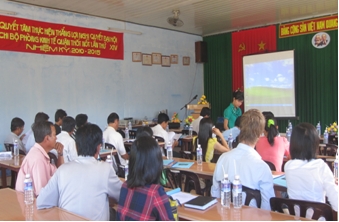
Picture 2: Attending an environmental education campaign for fish farmers
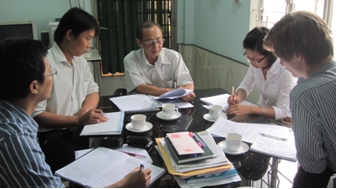
Picture 3: Working with Can Tho Fishery Sub-department
Working from the holistic knowledge management approach (theoretically) and the action research paradigm (methodologically) Quy-Hanh Nguyen proposes an investigation into how water related knowledge is mapped, networked and used in Can Tho City. The water sector encompasses water service providers, support sectors, regulators and water users and a series of problems are to be identified and solved within institutions and among the actors.
The proposed research is developed based on the evidence that the water sector is facing a number of problems and challenges related to the quantity and quality of water used for domestic, agricultural and aquaculture purposes under the pressure of global climate change and more significantly, its own rapid-change into a modern hydraulic society. Parallel with its development into the socio-economic hub of the Mekong Delta, Can Tho is transforming into one of the knowledge clusters in Vietnam (see the work of Tatjana Bauer and Hans-Dieter Evers within the WISDOM project). In spite of few previous state-oriented or knowledge-supply-led researches on knowledge, science and technologies in Vietnam, it is unknown how problem-driven knowledge is used in the water sector in Can Tho City. Quy-Hanh Nguyen aims at addressing both, the water supporting sectors and the various water user groups in his scope of research. He is currently identifying the various actors and already conducted a series of interviews.


